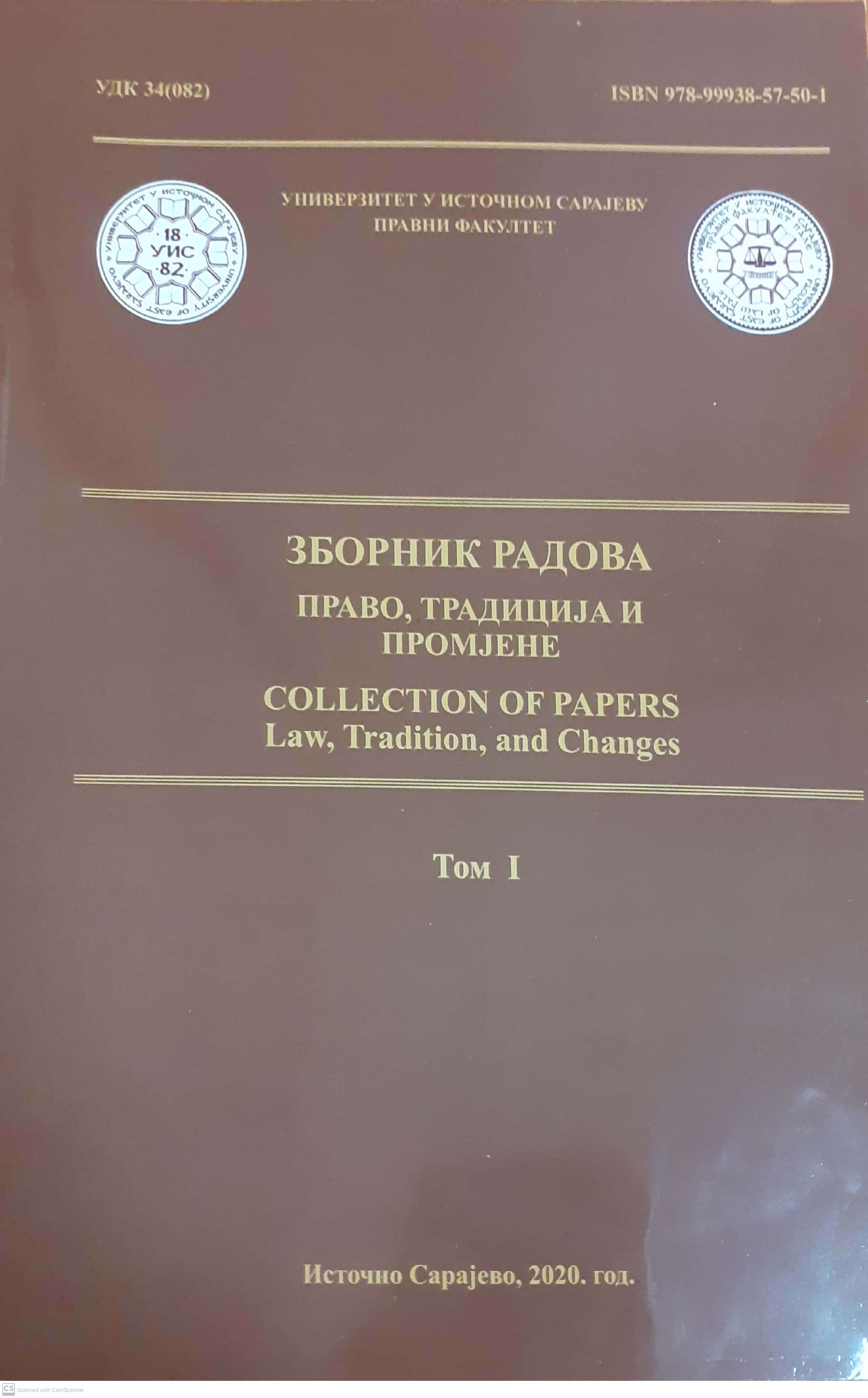Преиспитивање традиционалних схватања о међународноправном субјективитету
Rethinking Traditional Doctrines on International Legal Subjectivity
Author(s): Sanja Kreštalica
Subject(s): International Law
Published by: Правни факултет Универзитета у Источном Сарајеву
Keywords: International legal personality;State;International organization;Individual;
Summary/Abstract: Centuries of legal thought have been dedicated to reflections on the concept of international legal subjectivity, its constitutive elements, and ultimate achievements in legal practice. The theory of international law presented various definitions of subjectivity, which have arisen from the premise of the non-existence of a single criterion based on which an entity could be defined as a subject of international law. In an attempt to define the concept of the subjectivity, the theory starts from the fact that there is no generally accepted definition of the notion at hand since it is not a normative, but rather the fruit of theoretical considerations. Common to all theories, whether developed in the early twentieth century or modern terms, natural law or positivist orientations, is that they define subjectivity as a set of characteristics that can be represented in different ways in the body of any entity. Therefore, we conclude that only the analysis of positive law can lead to the conclusion of who are the subjects of international law in the given circumstances. In this paper, the author tries to prove that subjectivity in international law should be viewed as a posteriori legal construction, rather than an a priori established concept. In this way, it becomes obvious that all ideas of exclusive state subjectivity in international law are legally unsustainable today.
- Page Range: 327-348
- Page Count: 22
- Publication Year: 2019
- Language: Serbian
- Content File-PDF

